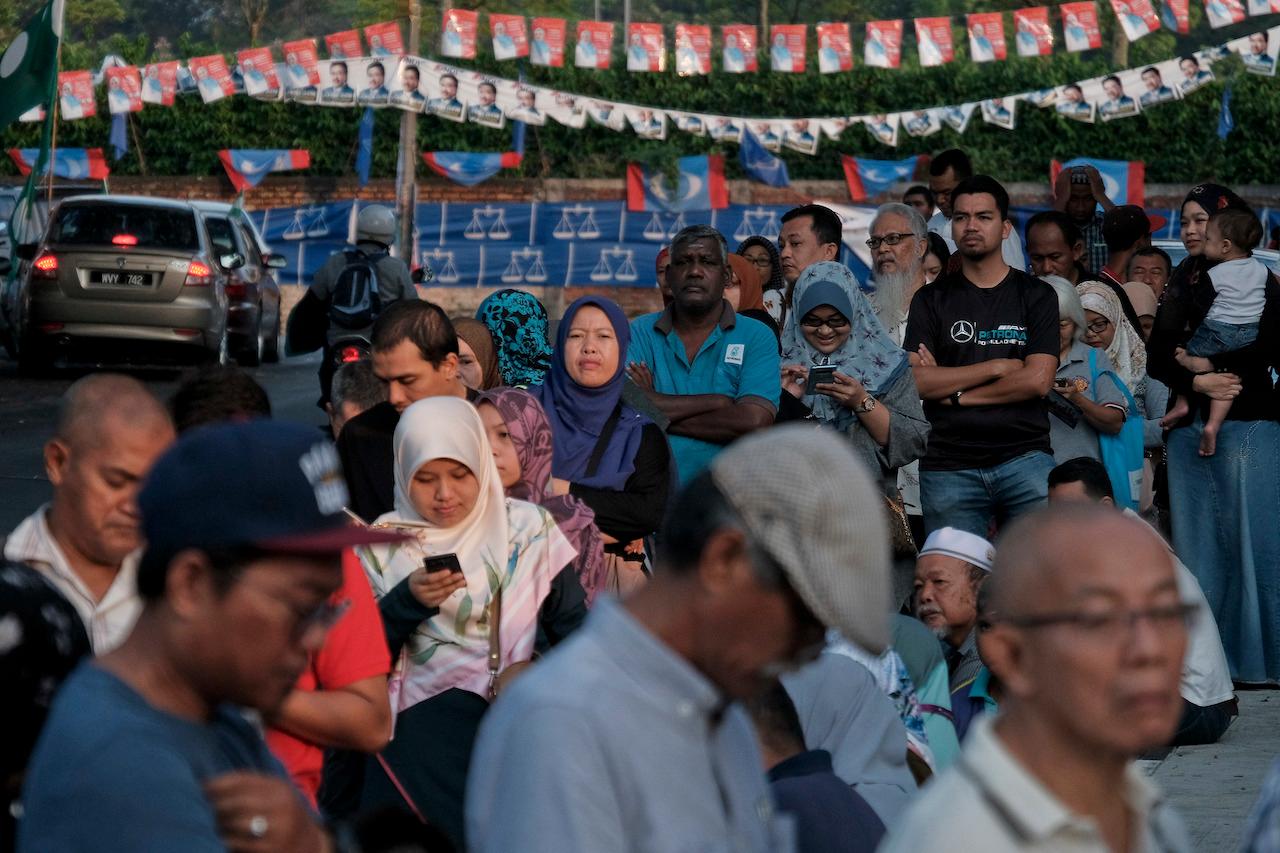Teach the youth, it’s about more than individual leaders, Undi18 says on political apathy
Otherwise, it could be hard to convince the younger generation to become involved in politics even after the legal voting age is lowered.
Just In
Youth movement Undi18 has blamed an overly narrow perception of politics for the apparent apathy among the younger generation about public affairs in the country, warning that this could hamper efforts to boost their involvement in Malaysia’s democratic process.
P Tharma, the movement’s founder, said the education system does not normalise democratic norms or the understanding of governance, leaving many to believe that politics is about choosing their favourite leader or political party.
“But politics is about so much more because it deals with how we live our lives,” he said.
“For many Malaysian youths, politics seems like a selfish battle for power between politicians who don’t care about the people. This creates a sense of apathy.”
A recent survey by public opinion pollster Merdeka Center found that more than two-thirds of the youths involved had no interest in participating in politics.
The reasons given included the “complicated” nature of politics and governance, with many saying they “can’t understand what’s going on”.
Others dismissed politicians, saying they “don’t care what people like me think”.
The findings came amid a delay in the move to lower the legal age of voting from 21 to 18, a decision that was passed in the Dewan Rakyat in July 2019 alongside the agreement for automatic voter registration and to allow those aged 18 and above to contest elections.
The minimum age for voting was expected to be lowered in July this year. However, the Election Commission (EC) said in March that it would likely take effect only after Sept 1, 2022.
Following a backlash from several quarters including politicians from both sides of the divide, law minister Takiyuddin Hassan said Undi 18 would be implemented this year, if possible in July as initially scheduled.
Speaking to MalaysiaNow, Tharma said the movement was working to counter any effect that a narrow perspective of politics might have on the youth coming out to vote once Undi 18 is enforced.
“We are developing more education programmes to increase political awareness and literacy among the youth,” he said.
He also urged the education and higher education ministries to play a role in ensuring that the youth are “good citizens of Malaysia” and not only “good at mathematics and writing”.
Sociologist Shatar Shabran agreed that a lack of understanding about political situations is a main factor in youth apathy.
“Youths are more idealistic,” he said. “They expect things to go like they do in theories. In reality, many things need to be accounted for, especially current scenarios, before politicians make a decision.”
In politics, he added, it is difficult to have a “one size fits all” mentality.
“For instance, what happens in the US or what is implemented in other countries cannot necessarily be totally emulated in Malaysia due to different cultures, societies and values.”
He said an interest and involvement in politics is necessary among the youth as they are the future leaders of the country. However, he cautioned against youths forming their own political parties simply because they are dissatisfied with the existing ones.
“This would mean that the same portion of the cake is divided among more groups. It would be much better if they engaged and discussed with existing political parties.”
He said such engagement could be conducted on social media platforms to capture the attention of youths, rather than parties relying on conventional or traditional methods of reaching out to the public.
“The agenda should not be for certain individuals or groups, but to ensure that society and the country in general does well in the future.”
Tharma meanwhile said access to social media had allowed many young Malaysians to stay up to date about current issues.
He said the challenge would be to bridge the gap between these issues and youths’ perception of politics as a separate matter.
Subscribe to our newsletter
To be updated with all the latest news and analyses daily.
